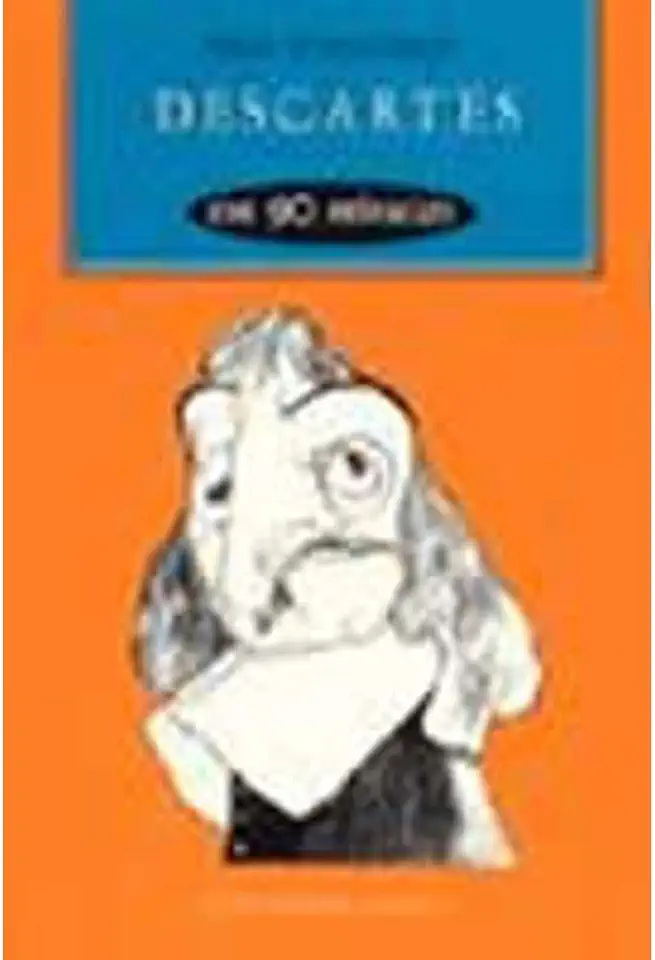
Descartes in 90 Minutes - Paul Strathern
Descartes in 90 Minutes: A Comprehensive Guide to the Life and Philosophy of René Descartes
Introduction
René Descartes is widely regarded as one of the most influential philosophers of all time. His groundbreaking ideas laid the foundation for modern philosophy and continue to shape our understanding of the world today. In this comprehensive guide, Paul Strathern presents a concise and accessible introduction to Descartes' life and philosophy, making it an ideal resource for students, scholars, and anyone interested in exploring the depths of human thought.
The Life of René Descartes
René Descartes was born in La Haye en Touraine, France, in 1596. He received a classical education and showed early promise in mathematics and philosophy. After completing his studies, Descartes embarked on a military career, but he soon found his true calling in the pursuit of knowledge. He traveled extensively throughout Europe, engaging in intellectual discussions with some of the most prominent thinkers of his time.
The Method of Doubt
Descartes' philosophical journey began with a radical skepticism, which he called the "method of doubt." He questioned everything he had been taught and believed, seeking to establish a foundation of knowledge that was certain and indubitable. Through this process, Descartes arrived at his famous dictum, "I think, therefore I am" (Cogito, ergo sum). This simple yet profound statement became the cornerstone of his philosophical system.
The Mind-Body Distinction
One of Descartes' most significant contributions to philosophy is his distinction between the mind and the body. He argued that the mind is a non-physical substance that is separate from the physical body. This dualistic view of human nature has had a profound impact on Western thought and has been the subject of ongoing debate and discussion.
The Existence of God
Descartes also developed a philosophical argument for the existence of God. He reasoned that the idea of a perfect being must have come from a perfect being, and therefore God must exist. This ontological argument has been influential in the history of philosophy and has been both praised and criticized by philosophers throughout the ages.
The Scientific Revolution
Descartes' philosophical ideas had a significant impact on the scientific revolution. His emphasis on reason and the pursuit of knowledge through experimentation and observation provided a framework for scientific inquiry. His work inspired scientists such as Isaac Newton and Galileo Galilei, who built upon his ideas to make groundbreaking discoveries that transformed our understanding of the natural world.
Conclusion
René Descartes' contributions to philosophy and science have left an indelible mark on human thought. His ideas continue to be studied and debated, and his influence can be seen in a wide range of fields, from philosophy and science to psychology and theology. Descartes in 90 Minutes provides a comprehensive and engaging introduction to this remarkable thinker, making it an essential resource for anyone seeking to understand the foundations of modern thought.
Enjoyed the summary? Discover all the details and take your reading to the next level — [click here to view the book on Amazon!]